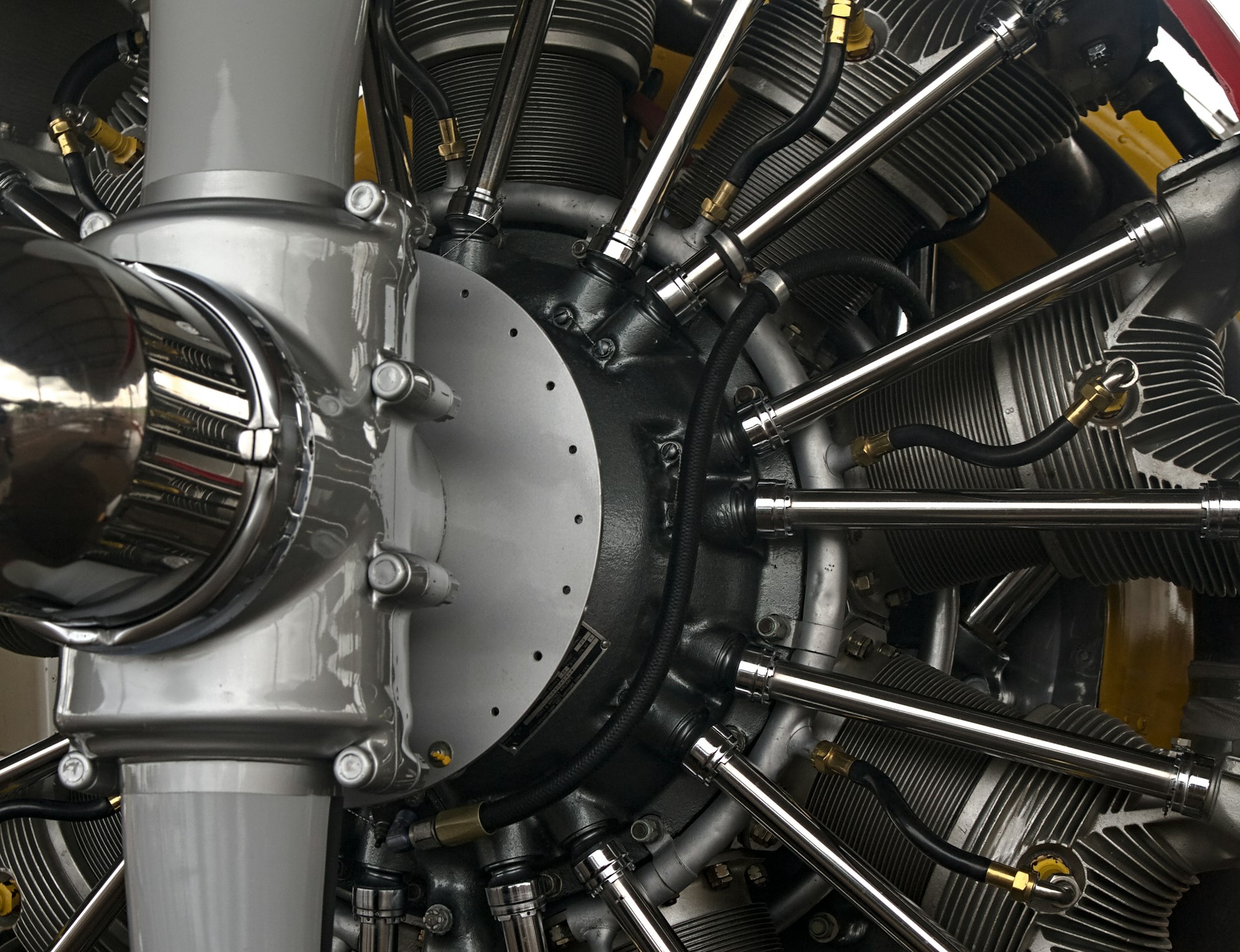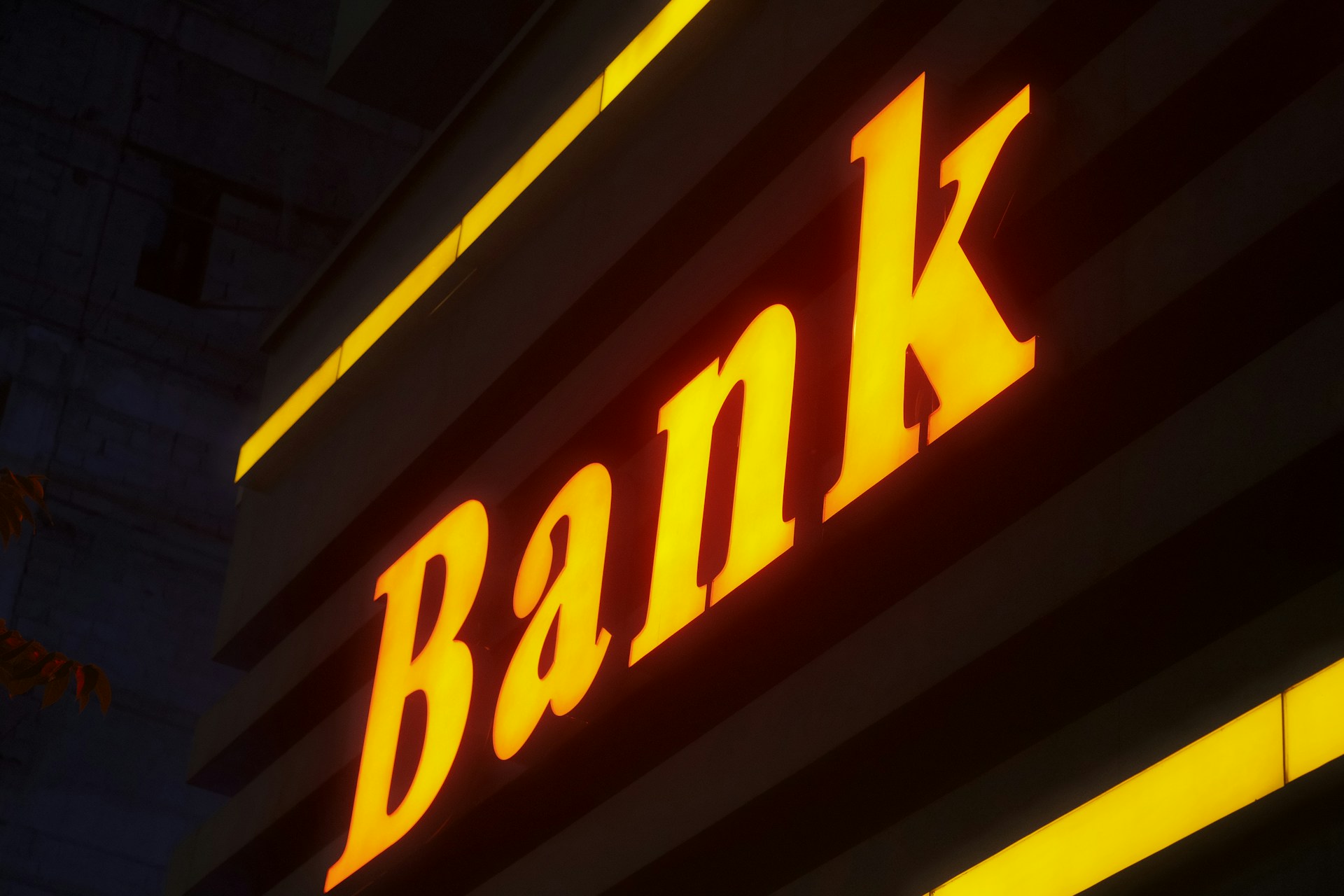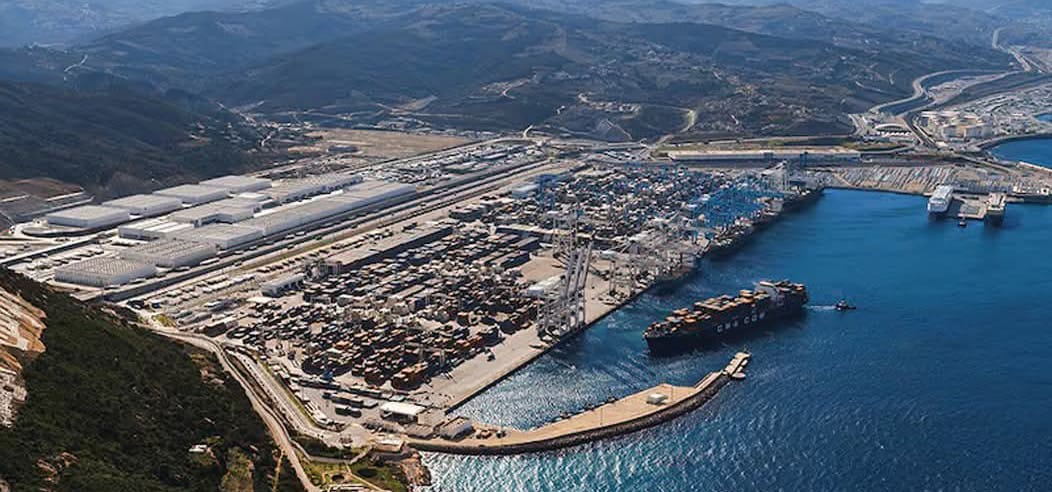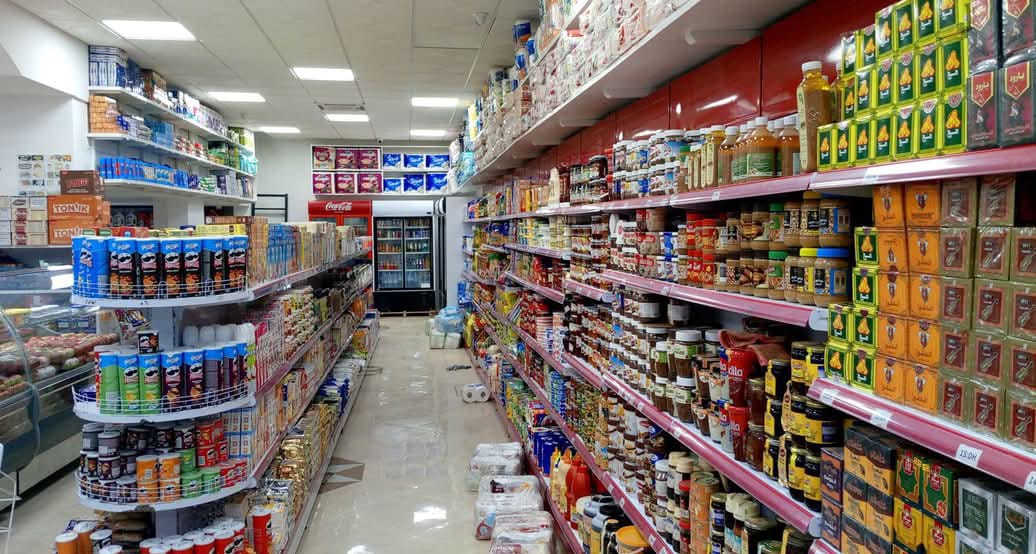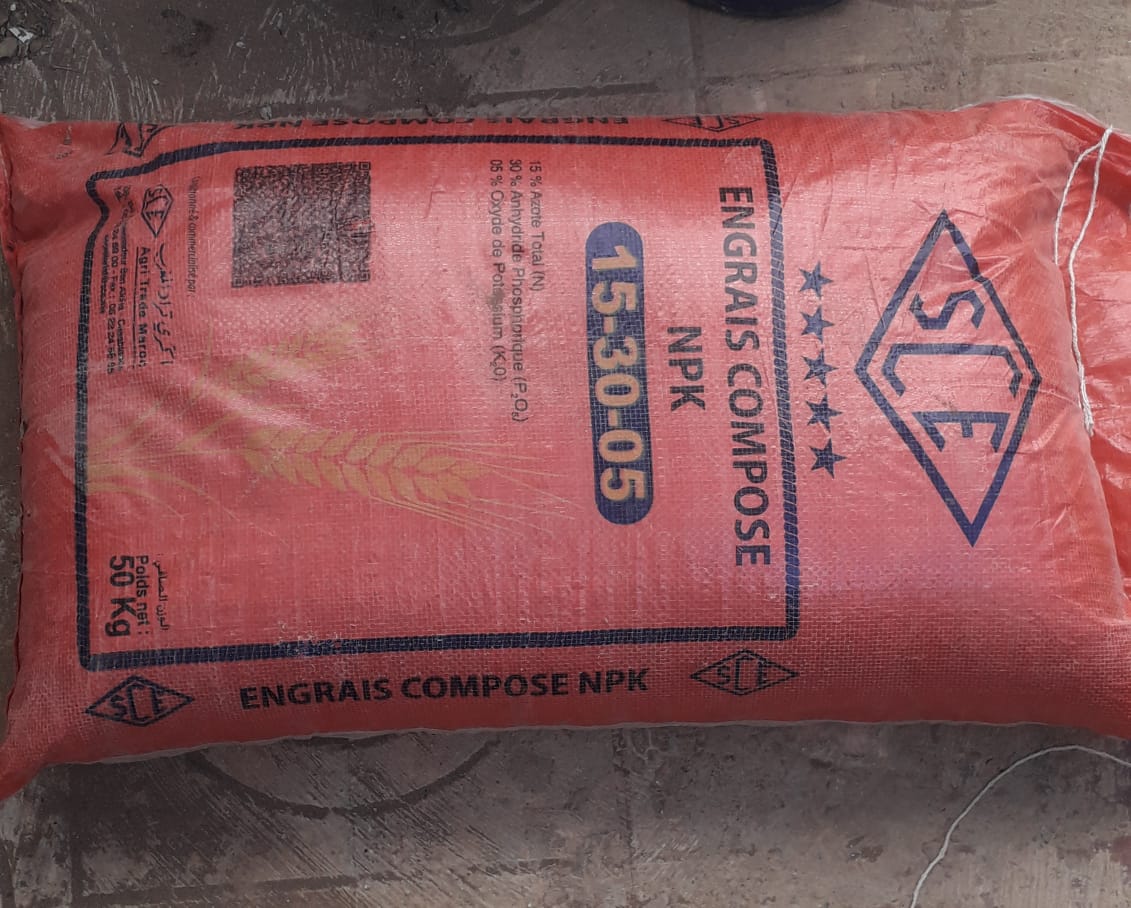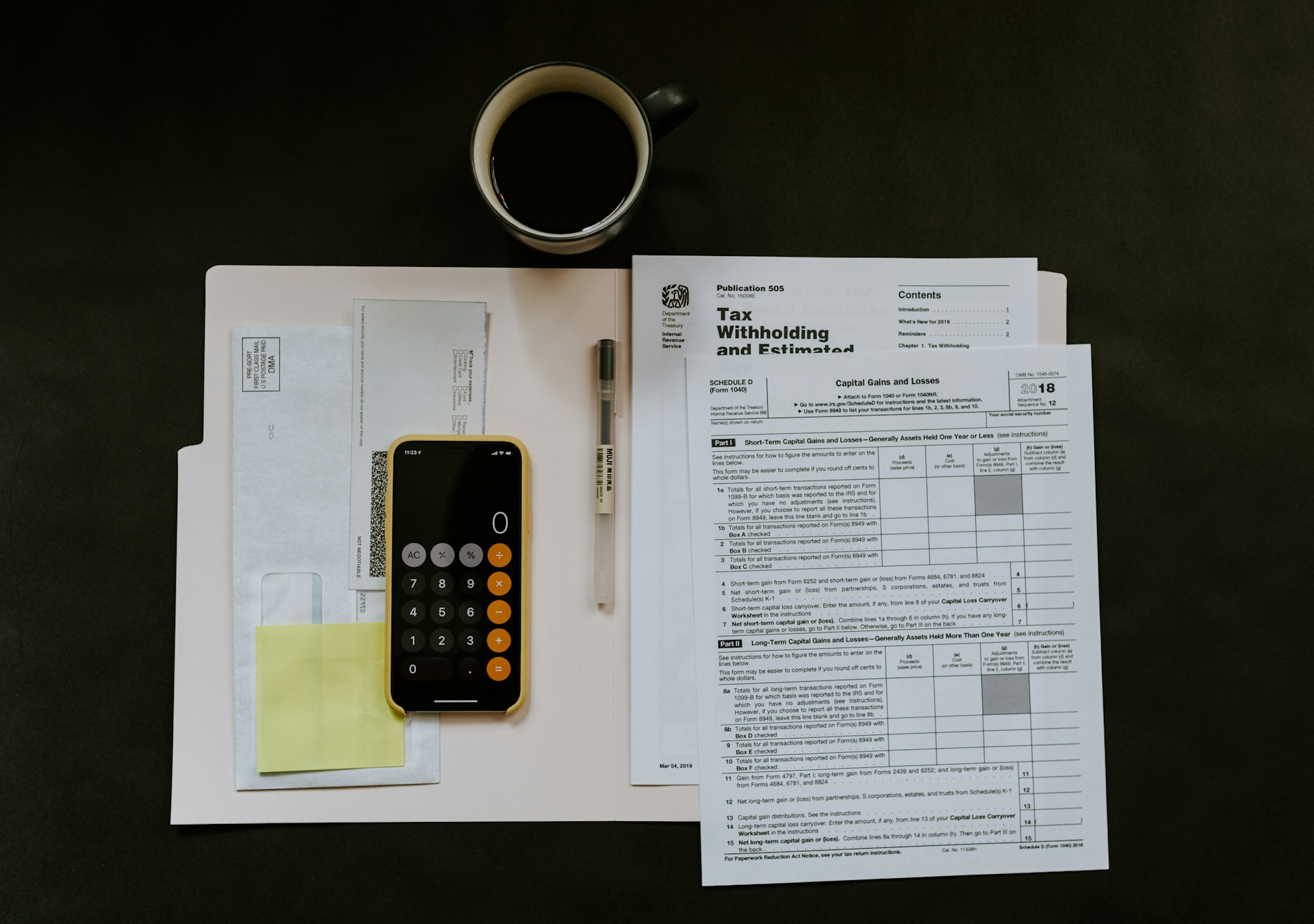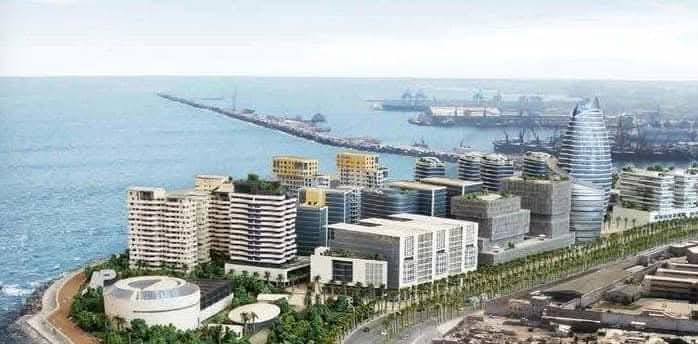Casablanca – The World Bank is preparing a new round of financing for Morocco for the 2026 fiscal year, following $1.77 billion in funding mobilized in 2025. Negotiations are currently underway between the international financial institution and the Moroccan government on three key projects, covering climate resilience, judicial reform, and energy infrastructure. These loans, totaling over $460 million, underline the World Bank’s ongoing commitment to Morocco’s ambitious development agenda.
The largest component of the upcoming program is a $200 million loan dedicated to Morocco’s National Disaster and Climate Resilience Program. This initiative is designed to strengthen the country’s preparedness for natural disasters, mitigate the impact of climate change, and protect vulnerable communities and critical infrastructure. Morocco is among the countries in the Middle East and North Africa (MENA) region most exposed to climate and geological risks, including earthquakes, floods, droughts, and landslides. The 2023 earthquake in Al Haouz highlighted the vulnerability of Moroccan territories to such hazards. The World Bank estimates that natural disasters cost Morocco more than $575 million annually, a figure likely to rise with ongoing urbanization and climate change.
The new program builds on two decades of Moroccan government efforts to move from emergency response toward integrated risk management. The funding will support the reinforcement of critical infrastructure to maintain essential services during disasters, the development of a national multi-risk framework, and the expansion of early warning systems to cover the entire territory. The project also promotes urban resilience strategies, drawing on pilot experiences in Fès and Mohammedia, and establishes an integrated national database to inform decision-making and risk planning.
The second loan in the program is a $50 million financing aimed at modernizing Morocco’s judicial system. This project is aligned with the country’s 2011 constitutional reforms and the broader new development model, seeking to enhance the efficiency, transparency, and accessibility of justice services for citizens and businesses. It focuses on simplifying judicial procedures, improving coordination among institutions, and implementing unified user pathways. The program also emphasizes digital transformation, infrastructure upgrades—including in rural areas—and training for judges and judicial staff. Special attention will be given to vulnerable groups, women, and persons with disabilities, ensuring equitable access to justice. Innovative initiatives such as mobile courts and a Gender Justice Framework are also planned.
The third key component is a $210 million loan for the construction of the Ifahsa Pumped-Storage Hydropower Plant (STEP), with a capacity of 300 MW. Located in northern Morocco, near Tétouan and Chefchaouen, the plant is part of a national strategy to integrate renewable energy into the electricity grid and enhance energy security. Pumped-storage plants like Ifahsa provide flexible energy storage solutions, capable of balancing fluctuations in electricity production from renewable sources. The project, led by Morocco’s National Office of Electricity and Drinking Water (ONEE), will complement existing and planned hydropower plants, contributing to a national target of 1,000 MW of storage capacity by 2030. Financing for Ifahsa will involve co-funding from the African Development Bank ($210 million) and the Clean Technology Fund ($30 million).
These new loans demonstrate the World Bank’s continuing support for Morocco’s social, economic, and environmental development. By focusing on climate resilience, judicial modernization, and renewable energy integration, the financing program reflects Morocco’s efforts to strengthen its institutions, protect vulnerable populations, and advance sustainable development. Analysts note that such initiatives not only enhance national capacity but also reinforce Morocco’s position as a regional leader in economic and social transformation.
As Morocco prepares to implement these projects, the combination of international support and domestic policy reforms is expected to bolster the country’s resilience to climate risks, improve public services, and expand the role of renewable energy in meeting national energy needs. The World Bank’s planned investments signal confidence in Morocco’s development trajectory and underscore the importance of long-term strategic planning in building a more sustainable and inclusive future.









